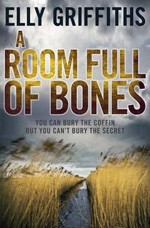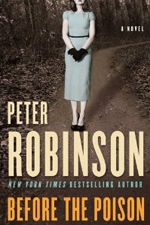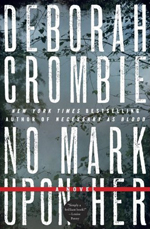Elly Griffiths: A Room Full of Bones
Elly Griffiths has quickly become one of my favorite writers, and we sold so many copies of her first book, The Crossing Places, that she’s obviously a favorite not just of mine but of many readers. A big reason is her main character, the down to earth and very real Ruth Galloway, an archeologist, professor and single mother. But Ruth isn’t the only reason these books are terrific.
 Griffiths is a true mystery writer, and she’s become more accomplished at plotting with each book, though all involve connections to history and spirituality of a sort (though a very unconventional sort). This one has perhaps the most traditional set-up – dead museum curator found next to the awaiting to be opened bones of a long-ago bishop.
Griffiths is a true mystery writer, and she’s become more accomplished at plotting with each book, though all involve connections to history and spirituality of a sort (though a very unconventional sort). This one has perhaps the most traditional set-up – dead museum curator found next to the awaiting to be opened bones of a long-ago bishop.




